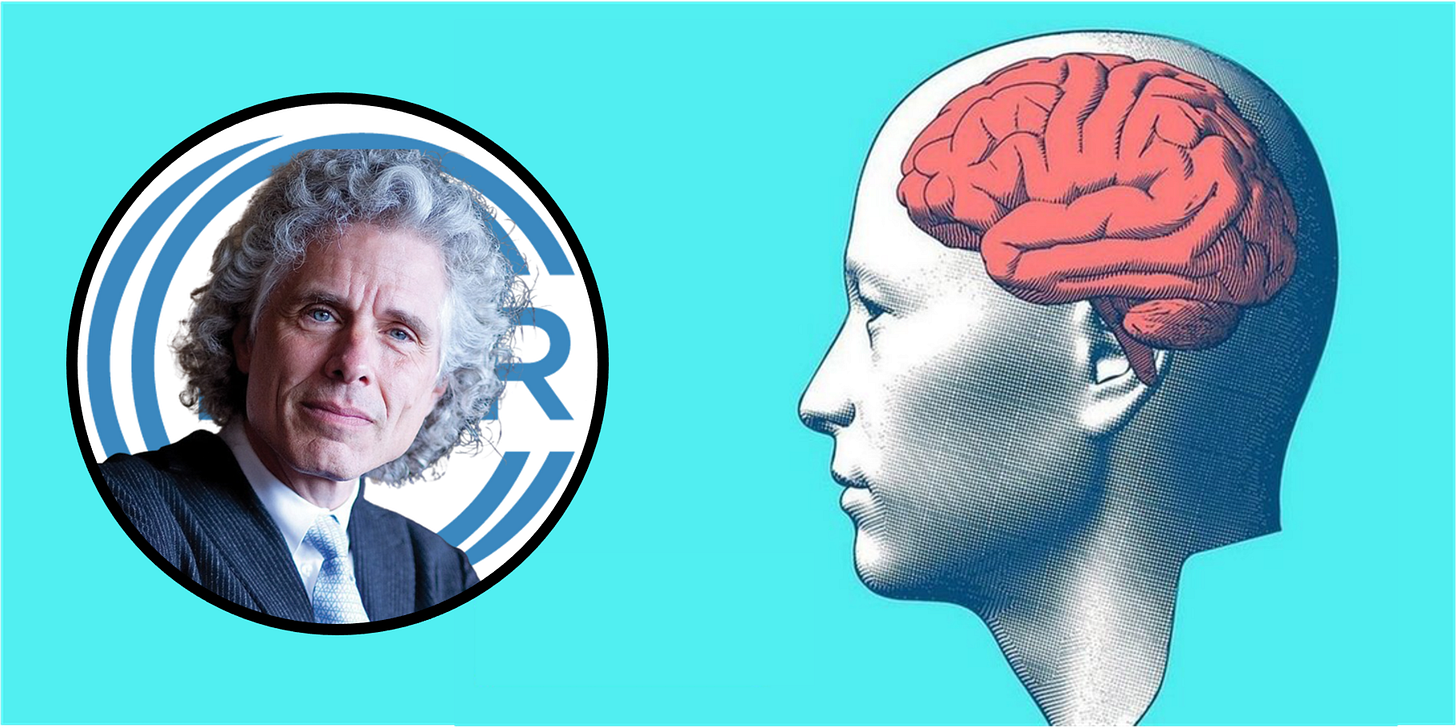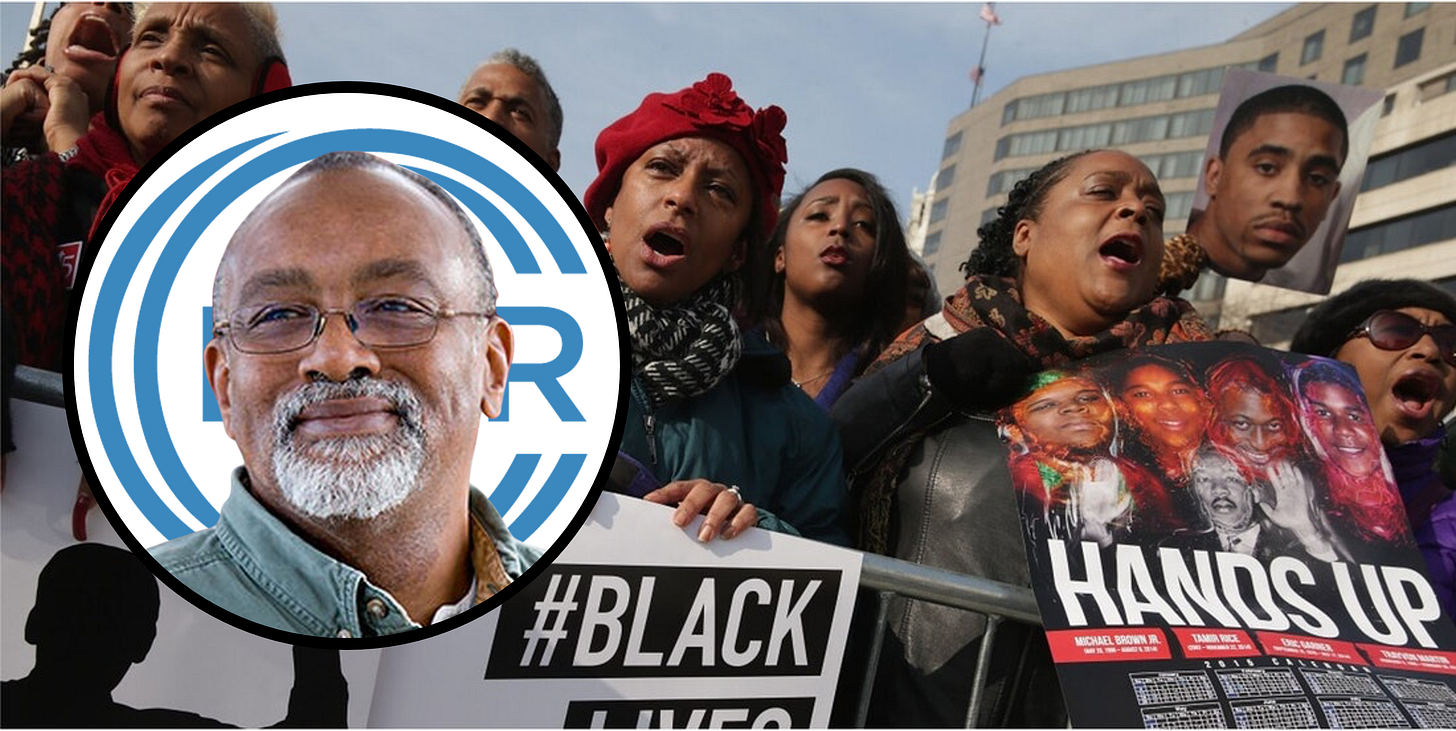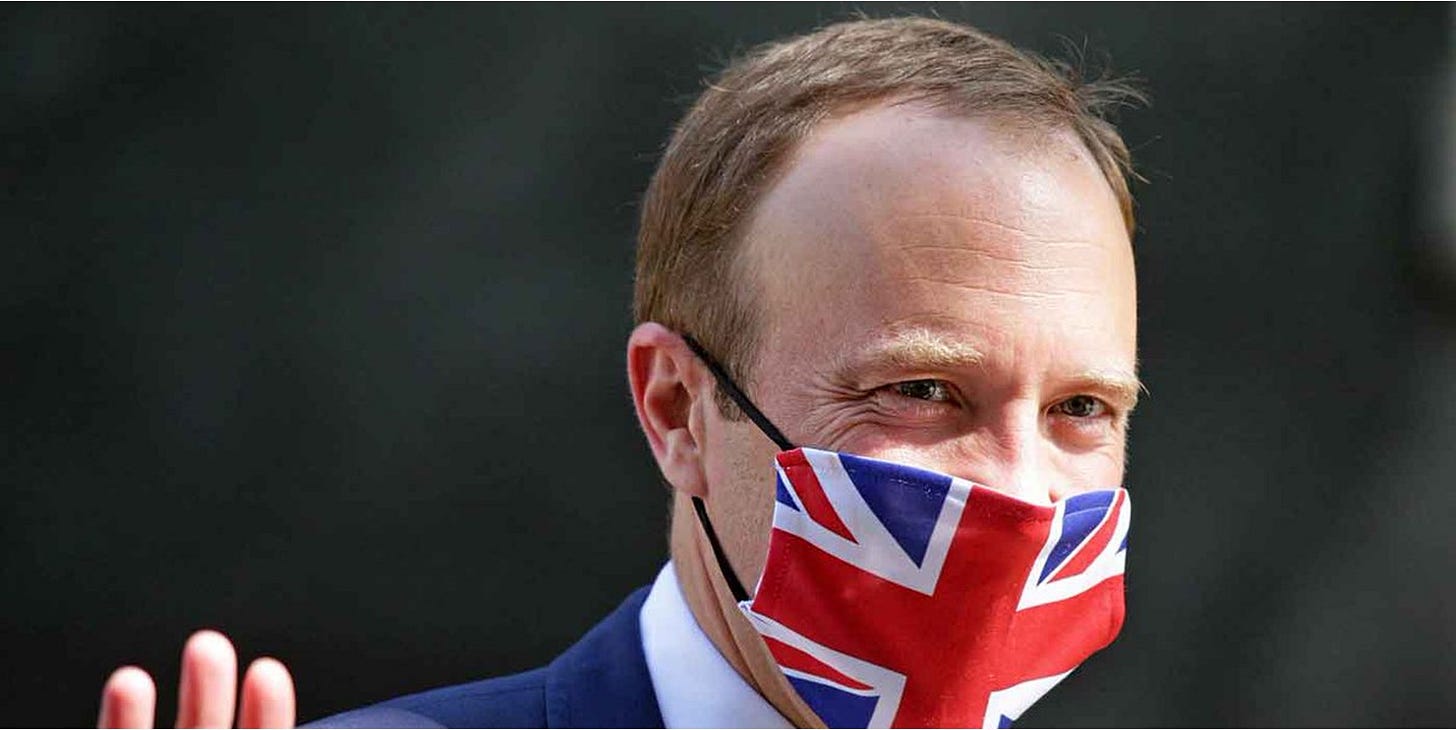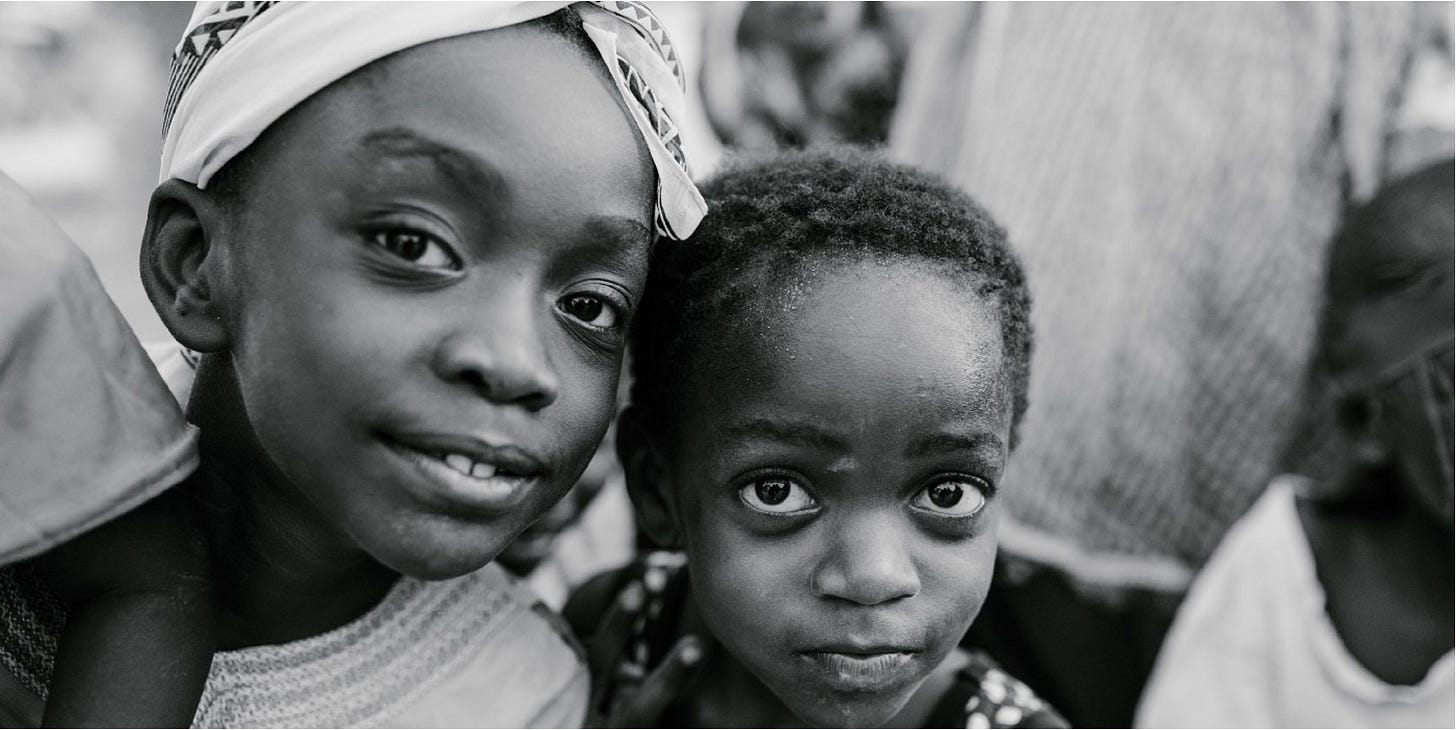Last week, Benjamin Morley wrote a piece for our Fair for all Substack about his personal run-ins with race essentialist diversity, equity, and inclusion trainings while working for Vermont’s Department of Aging and Independent Living. Morley describes the training he and others experienced in detail:
The trainers attempted to impose their ideology on us by changing our perceptions and values related to areas such as equity, privilege, racism, identity, family, politics, and spiritual beliefs. They also sought to alter our self-perception based on which identity groups we were members of, and how this group membership affected our status in American society. The facilitator tried to normalize this new philosophy by encouraging us to completely re-evaluate our individual identities, part of what she referred to as “doing the work.”
Morley and others were accused of racism, and he remembers witnessing the “fear, sadness, and guilt” the training instilled in his coworkers. However, this was interpreted by the trainers as merely a symptom of “doing the work” that’s necessary to combat “whiteness” and systemic racism.
When Morely decided to voice his misgivings about the training, he discovered that he was indeed not alone—many of his coworkers felt the same way, but were simply too afraid to to speak up. Morely believes this dynamic is common, and hopes his story encourages more people to start speaking up.
Read the full article on our Substack here.
For BBC News, FAIR Advisor Steven Pinker shared examples from his “Think with Pinker” series to educate readers about three ways they can “be more rational” in 2022.
According to Pinker, one way we can all start being more rational in the New Year is by examining our decision process when making sacrifices in the present in order to reap larger rewards in the future. Pinker explains that this should not be viewed as a strict either/or decision because, given our short lives, it is rational to enjoy the present. Pinker writes:
Maybe the promised payoff will never arrive, like when a pension fund goes bust. And after all, you're only young once. It makes no sense to save up for decades to buy an expensive sound system at an age when you can no longer hear the difference.
So our problem is not that we discount the future, but that we discount it too steeply. We eat, drink and make merry as if we'll be dead in only a few years. And we discount the future myopically. We know at some point we should start saving for a rainy day, but the money we have now burns a hole in our pocket.
Read the full article here.
On her Substack Common Sense, FAIR Advisor Bari Weiss asked top intellectuals and other people she admires what they changed their minds about in the last year. To start off, Weiss described something major she had changed her mind about in 2021.
A year ago, I still believed very much that the best use of my energy was to try to work to shore up the old institutions from the inside. I was wrong. My readers know: This newsletter would not exist if I hadn’t changed my mind.
And once I changed my mind, once I stopped trying to repair a decayed thing from within and set out to build something new, I was suddenly waking up peppy at 5 a.m., no alarm needed. I think that’s because changing your mind is a hopeful act. It means you think there’s a better path forward. It means you’re not done becoming.
Those responding to the question include NBA basketball player Enes Kanter Freedom on his name change, Ayaan Hirsi Ali on liberalism, Tim Urban on religion, and others thinkers such as Nellie Bowles, Ross Douthat, Chloé Valdary, Karol Markowicz, and Balaji Srinivasan.
Read the full article here.
For the Washington Examiner, FAIR Advisor Glenn Loury published a lecture he delivered as part of the Benson Center Lecture Series at the University of Colorado, Boulder, on February 8th, 2021. The lecture covered seven “unspeakable truths about racial inequality in America.”
The first “unspeakable truth” according to Loury is that “downplaying behavioral disparities by race is actually a ‘bluff.’” Loury sates:
Activists on the Left of American politics claim that “white supremacy,” “implicit bias,” and old-fashioned “anti-black racism” are sufficient to account for black disadvantage. But this is a bluff that relies on “cancel culture” to be sustained. Those making such arguments are, in effect, daring you to disagree with them. They are threatening to “cancel” you if you do not accept their account.
Loury argues that many popular narratives surrounding racial disparities in mass incarceration, educational achievement, and wealth are also largely sustained by this “bluff.”
Read the other six “unspeakable truths” here.
For UnHerd, FAIR Advisor Ayaan Hirsi Ali wrote about the deep political divides in the United States and how the extreme tribal nature of our politics could potentially lead us “close to the precipice of serious destabilisation.”
Ali recounted a lunch conversation with a friend, which turned into an all-out attempt by her friend to convert her politically. Her friend’s disposition during this conversation was familiar to Ali, who grew up in Somalia during a time of intense tribal conflict between clans.
According to Ali, two things stood out; the first being “an almost blind hatred of a particular group,” and the second being “the use of deeply personal attacks on individual researchers to justify that hatred.” Ali explains that:
In tribal communities, neutral institutions of civil society that Westerners take for granted—such as the police, impartial courts, and the rule of law—simply do not, and cannot, exist. In such societies, everything is tribalised, and the task of building civic institutions is laden with difficulties.
While Ali has and continues to be strong critic of Left-wing identity politics, she recognizes that “these tribal quirks run deep on both sides of the aisle,” citing election fraud conspiracies as a product of Right-wing tribalism. But rather than each party pointing their fingers across the aisle to justify their own tribal tendencies, Ali believes that moderates on all sides need to “stand up” and “resist the tribal impulse that often grows in reaction to the other side’s excesses.”
Read the full article here.
For UnHerd, Paul Marshall asked “is liberalism in retreat?” and traces the origins and understanding of “liberalism” through the teachings of Christianity and the Enlightenment. According to Marshall, the problem currently afflicting the West “is not that liberalism has passed its sell-by date,” but rather that liberalism has “lost its moorings.”
Marshall believes that conflicts between Christian philosophy and “Enlightenment Liberalism” on matters relating to belief in human perfectibility, morality, meaning and virtue, and knowledge “have led to a corruption of liberalism at its source.”
For Progressives, humankind’s moral progress is on a perpetual upward curve in parallel with technological progress. The history of the 20th century does not give much support to this conceit—it would be fairer to say that technology simply amplifies the expression of our moral fallibility.
According to Marshall, current attacks on our oldest and most foundational freedoms such as freedom of speech, freedom of conscience, and freedom to assemble requires Classical liberals “to unite and stand up for their tradition” and that doing so “has never been so relevant.”
Read the full article here.
Glenn Greenwald wrote an article for his Substack bringing attention to a New York State Department of Health policy that includes race as a “risk factor” when determining who to prioritize for receiving limited doses of life-saving medicine for COVID-19, claiming that “longstanding systemic health and social inequities have contributed to an increased risk of severe illness and death from COVID-19” for non-whites.
However, upon further examination, Greenwald discovered that these “systemic health inequities” are not due to race per se, but rather due to correlated factors such as vaccination status, obesity rates, prevalence of diabetes, and other factors. According to Greenwald:
In liberal discourse, treating the unvaccinated as immoral monsters has become common. But unlike liberal media outlets, the CDC cannot ignore the fact that vaccination rates are lower among Black people than other racial groups. They have to grapple with that fact. And they do so by denying the universal applicability of the vaccine and claiming—with no data cited—that the reason for this high rate of vaccine hesitancy or refusal among Black Americans is racism and structural inequities rather than agency and choice.
Read the full article here.
For Medium, in a piece titled “The Progressive Rebranding of Racism,” Steve QJ critiques the well-intentioned yet demeaning rhetoric of so-called “antiracists” when discussing issues concerning racial minorities and racism.
QJ draws on many examples from recent headlines of progressive policies and rhetoric that may actually be doing more harm than good.
How is it “progressive” to suggest that black children are incapable of the same behavioural and academic standards as their white peers? How, exactly, is this trend of undermining the intelligence, maturity and humanity of people of colour any better than good old-fashioned racism?
QJ believes this way of thinking is similar to that of “old-school racists” but adds, “at least they didn’t expect us to be grateful for it.”
QJ wishes that people would stop treating black people as a unified political category or cultural monolith—“Black people are people. Black people have always been people. That’s all there ever was to understand.”
According to QJ, “too many ‘antiracists’ have bought into the same delusion we’re supposed to be fighting,” namely “that ‘race’ is an identity we should cling to instead of a lie we should abandon.”
Read the full article here.
Join the FAIR Community
Become a FAIR volunteer or to join a FAIR chapter.
Join a Welcome to FAIR Zoom information session to learn more about our mission, or watch a previously recorded session in the Members section of www.fairforall.org.
Take the Pro-Human Pledge and help promote a common culture based on fairness, understanding, and humanity.
Join the FAIR community to connect and share information with other members.
Share your reviews and incident reports on our FAIR Transparency website.












